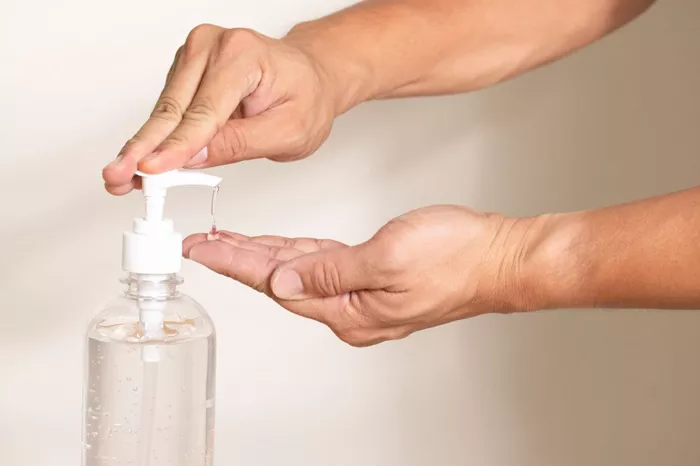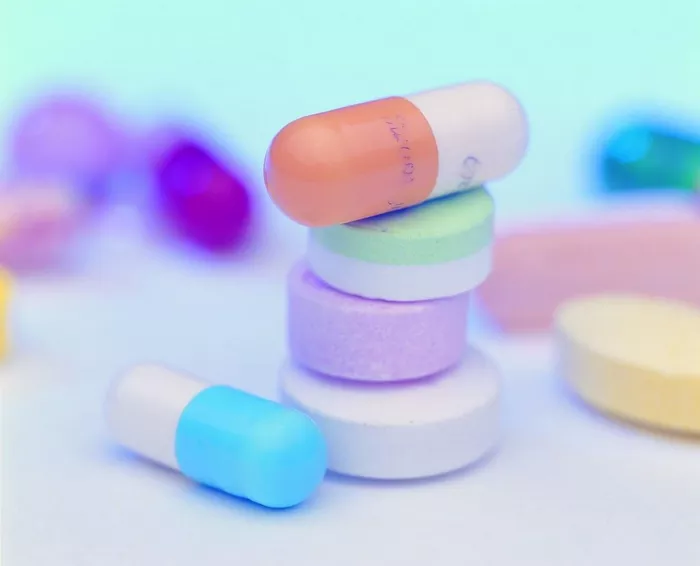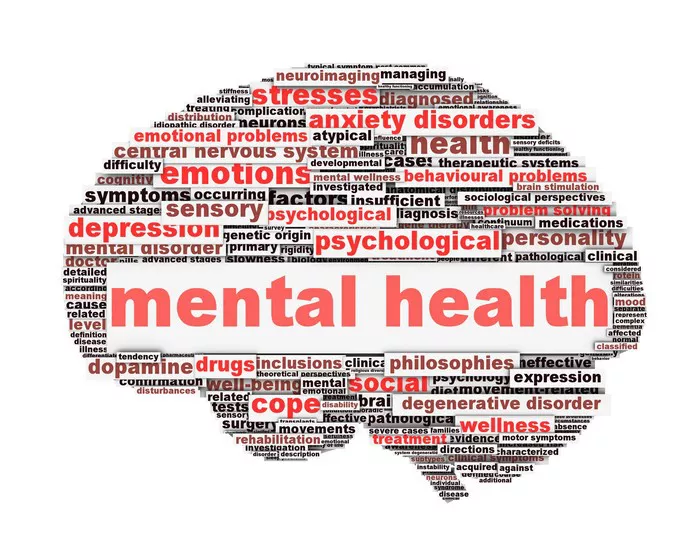Bipolar disorder, formerly known as manic-depressive illness, is a complex mental health condition characterized by significant mood swings. These include emotional highs (mania or hypomania) and lows (depression). Bipolar disorder affects approximately 1% of the global population and significantly impacts the quality of life of patients and their families. Effective management of bipolar disorder involves a comprehensive treatment plan tailored to the individual needs of the patient. Among the various strategies and therapies available, medication and psychotherapy are the two most common and fundamental treatments for bipolar. This article delves deeply into these treatments, exploring their mechanisms, benefits, and how they can be integrated into effective management plans.
Understanding Bipolar Disorder
Before exploring treatments, it is crucial to understand the nature of bipolar disorder. It is a lifelong condition with episodic mood changes ranging from depressive lows to manic highs. These episodes can affect thoughts, feelings, physical health, behavior, and the ability to function. Bipolar disorder is divided into several subtypes, including Bipolar I, Bipolar II, and Cyclothymic Disorder, each with distinct patterns of symptoms:
Bipolar I Disorder: This subtype is characterized by manic episodes lasting at least seven days or by manic symptoms so severe that immediate hospital care is needed. Depressive episodes occur as well, typically lasting at least two weeks.
Bipolar II Disorder: Defined by a pattern of depressive episodes and hypomanic episodes, but not the full-blown manic episodes that are typical of Bipolar I Disorder.
Cyclothymic Disorder: A milder form involving numerous periods of hypomanic symptoms and periods of depressive symptoms lasting for at least two years (one year in children and adolescents).
Understanding these variations is essential for diagnosing and tailoring treatment approaches effectively.
Medication Management in Bipolar Disorder
Medication is a cornerstone of treatment for bipolar disorder, used primarily to stabilize mood and to prevent the recurrence of both manic and depressive episodes. The choice of medication often depends on the specific needs and medical history of the individual, as well as the subtype of bipolar disorder they have.
1. Mood Stabilizers:
Arguably the most crucial class of medication in treating bipolar disorder, mood stabilizers are used to control manic or hypomanic episodes. Lithium, one of the oldest and most effective mood stabilizers, is renowned for its ability to reduce the severity and frequency of mania. It helps prevent relapse and is often prescribed long-term. Other mood stabilizers include anticonvulsants such as valproate (Depakote), lamotrigine (Lamictal), and carbamazepine (Tegretol). Each of these has unique properties and potential side effects, which must be managed under close supervision by a healthcare provider.
2. Antipsychotics:
In cases where symptoms persist despite the use of mood stabilizers, or when symptoms are severe, antipsychotics may be used. These medications include olanzapine (Zyprexa), risperidone (Risperdal), quetiapine (Seroquel), and aripiprazole (Abilify). They can be used for managing both manic and depressive episodes and may also help with psychotic symptoms such as delusions or hallucinations, which can occur in severe cases.
3. Antidepressants:
Used cautiously in bipolar disorder, antidepressants can help manage the depressive phases. However, they must typically be used in conjunction with a mood stabilizer to prevent triggering a manic episode. Commonly prescribed antidepressants include selective serotonin reuptake inhibitors (SSRIs) like fluoxetine (Prozac) and sertraline (Zoloft). The use of antidepressants in bipolar disorder is a complex area that requires careful monitoring and expertise.
4. Other Medications:
Additional treatments may include anti-anxiety medications and sleep medications which are used to treat anxiety and sleep disturbances associated with bipolar disorder.
Medication therapy for bipolar disorder is complex and requires regular monitoring and adjustments by a psychiatric professional. Side effects are a significant concern and can include weight gain, blood sugar fluctuations, and cognitive disturbances, among others. Therefore, the risk-benefit ratio of each medication must be carefully considered.
Psychotherapy and Psychological Intervention
While medications are essential for controlling the biological aspects of bipolar disorder, psychotherapy addresses the psychological components, helping individuals cope with their symptoms, improve their mood stability, and restore functioning.
1. Cognitive Behavioral Therapy (CBT):
CBT is a form of psychotherapy that helps people learn to recognize and change detrimental behavioral patterns and dysfunctional thinking. For those with bipolar disorder, CBT can help manage the mood swings and reduce the severity and frequency of episodes. It focuses on teaching skills to manage stress, identify early warning signs of mood shifts, and develop effective coping strategies.
2. Family-Focused Therapy:
This therapy involves family members in the treatment process. It educates families about the disorder, improves family communication, and helps to create a supportive environment at home. This approach has been shown to reduce the likelihood of relapse and to improve outcomes significantly.
3. Psychoeducation:
Educating patients about bipolar disorder is crucial. It helps individuals understand the importance of adhering to their treatment plan, recognizing early signs of mood swings, and knowing how to respond effectively. Psychoeducation can empower patients and their families, enhancing their ability to manage the disorder effectively.
4. Other Therapies:
Additional therapies such as Interpersonal and Social Rhythm Therapy (IPSRT) focus on stabilizing daily rhythms such as sleeping, eating, and activity schedules, which can help to prevent manic and depressive phases. Group therapy provides a platform for individuals to share experiences and coping strategies, reducing feelings of isolation.
Conclusion
Treating bipolar disorder effectively requires a combination of medication and psychotherapy tailored to the individual’s specific symptoms and circumstances. While medications can help manage the biological aspects of the disorder, psychotherapy addresses the psychological impacts, helping patients develop coping strategies and maintain stability. The integration of these treatments offers the best chance for individuals with bipolar disorder to lead healthy, productive lives. Constant communication with healthcare providers, ongoing adjustments to treatment plans, and the inclusion of support systems are all crucial for optimal management of this challenging condition.
[inline_related_posts title=”You Might Be Interested In” title_align=”left” style=”list” number=”6″ align=”none” ids=”8420,8417,8353″ by=”categories” orderby=”rand” order=”DESC” hide_thumb=”no” thumb_right=”no” views=”no” date=”yes” grid_columns=”2″ post_type=”” tax=””]



































